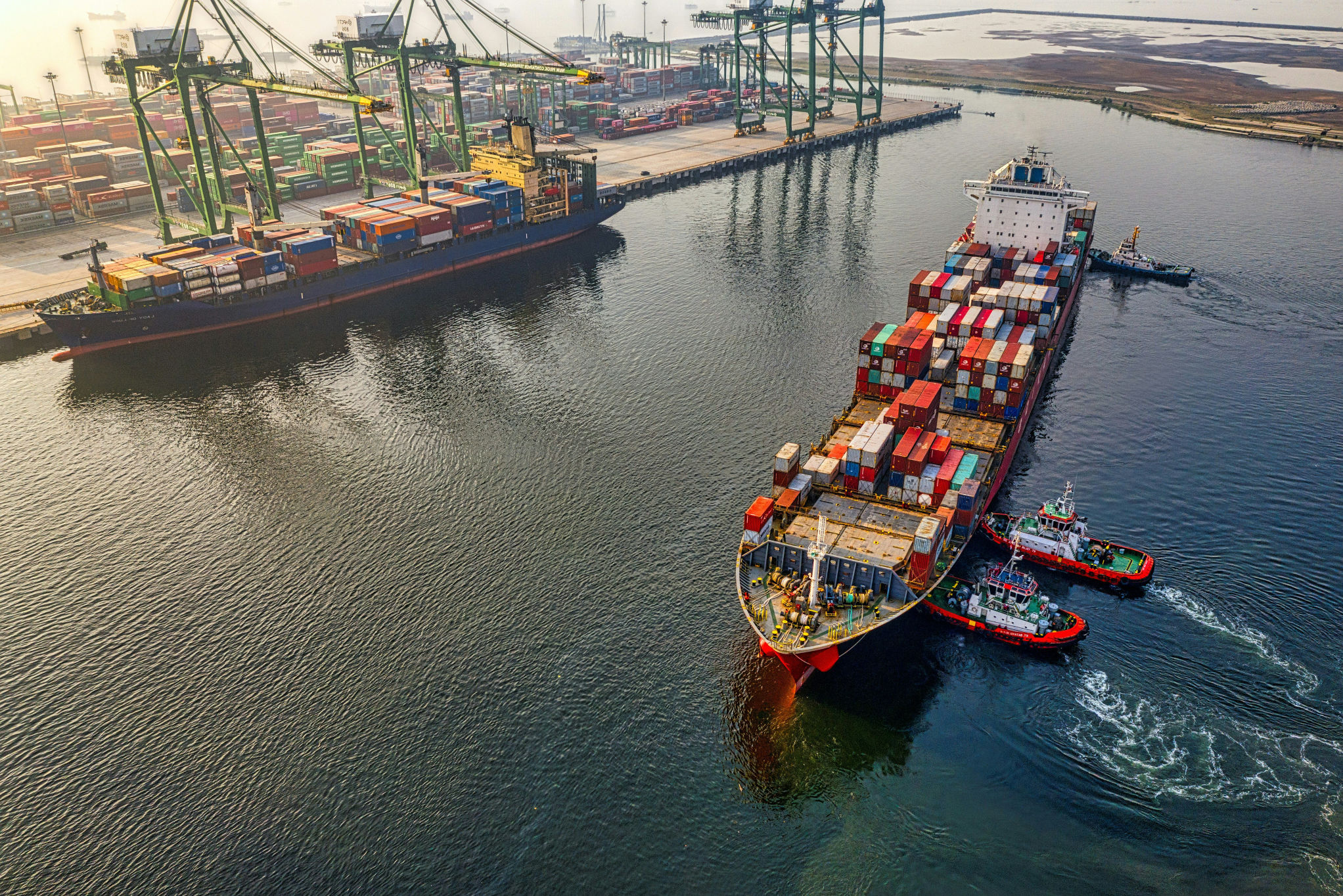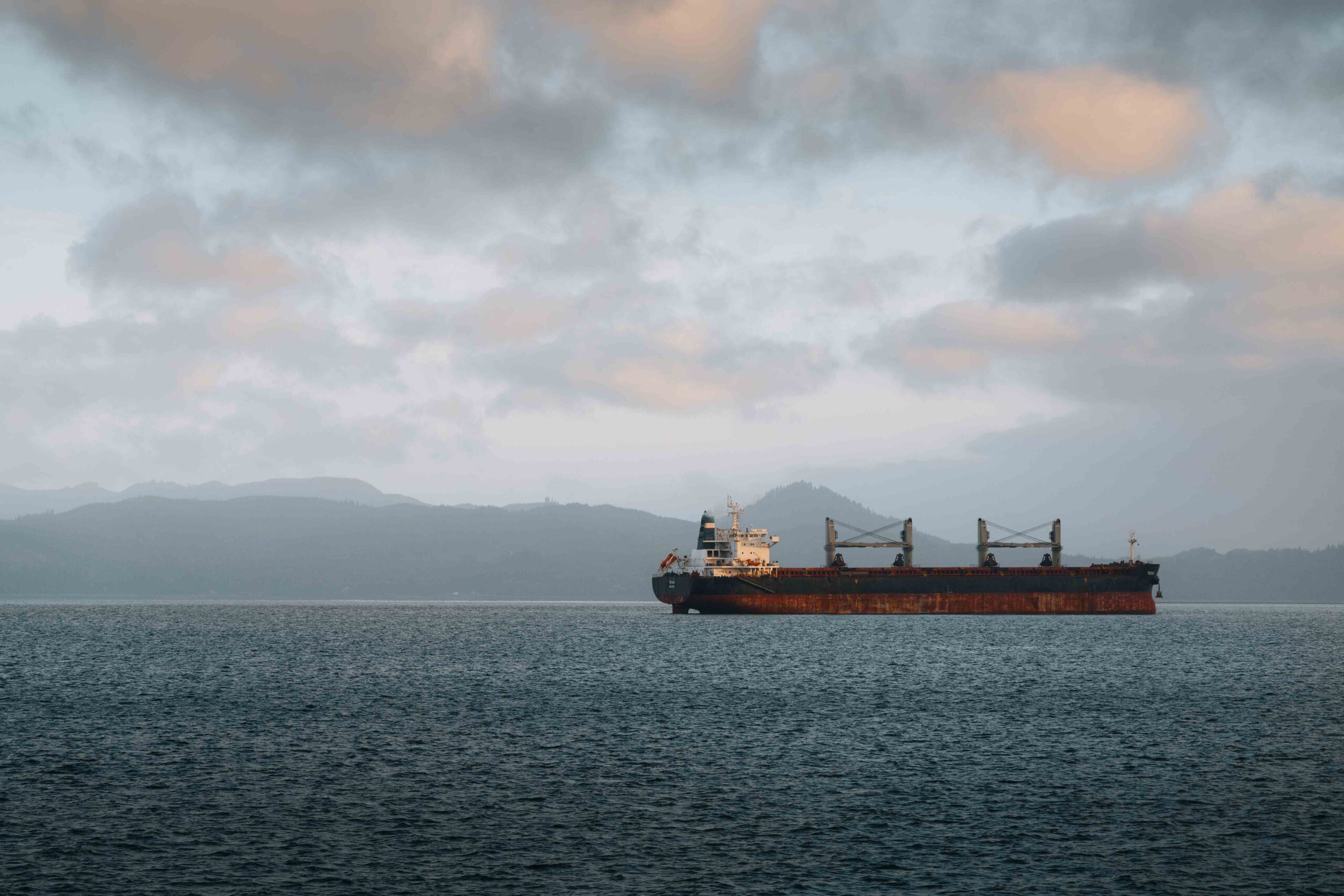Green Shipping: Pioneering Sustainable Bunker Fuels for a Cleaner Maritime Era
The maritime sector is swiftly embracing sustainability, driven by the urgent need to minimize environmental impact. Green shipping initiatives prioritize the adoption of sustainable bunker fuels to curb emissions and meet global climate targets effectively. Embracing Sustainable Choices Shipping, crucial for global trade,
IMO 2020: Compliance and Challenges for the Shipping Industry
The International Maritime Organization (IMO) introduced a groundbreaking regulation known as IMO 2020, which came into effect on January 1, 2020. This regulation mandates a reduction in the sulfur content of marine fuels from the previous limit of 3.5% to just 0.5%. The
The Environmental Impact of Bunker Fuel Usage
Bunker fuel, also known as heavy fuel oil (HFO), has been a cornerstone of maritime transport for over a century. While it has enabled global trade by powering the world’s largest vessels, its environmental impact has become a significant concern. The dense, viscous
Bunker Fuel Sustainability: Reducing Emissions and Transitioning to Cleaner Fuels
Introduction: Bunker fuel sustainability is emerging as a pivotal concern within the maritime domain, spurred by escalating environmental pressures and regulatory imperatives aimed at curtailing emissions and combating climate change. As the backbone of global maritime trade, bunker fuels wield considerable influence over
The Chemistry of Bunker Fuels: Composition, Characteristics, and Variability
Introduction: Bunker fuels, the indispensable energy source for maritime transportation, are intricate concoctions of hydrocarbons derived from crude oil. Their chemistry, marked by a diverse array of compounds and properties, dictates not only the efficiency and performance of marine engines but also their
Bunker Fuel Industry Resilience Amidst Global Crises
Introduction: In the face of global crises, the bunker fuel industry stands as a resilient pillar of the maritime sector, adapting to challenges with unwavering determination and innovation. From economic downturns to geopolitical tensions and public health emergencies, the industry has weathered numerous
The Impact of IMO 2030 Regulations on the Bunker Fuel Industry
Introduction: The maritime industry plays a pivotal role in global trade, connecting economies across continents. However, this vital sector has long grappled with environmental concerns, particularly regarding emissions from ships. In response, the International Maritime Organization (IMO) has been implementing regulations to mitigate
Regulatory changes and their impact on marine fuel prices
Introduction In the vast expanse of the oceans, the cost of fuel for ships is not just about supply and demand. It’s also shaped by rules set by organizations like the International Maritime Organization (IMO). This article takes a closer look at how
Renewable and sustainable marine fuels
Introduction As the global community grapples with the urgent need for sustainable solutions, the maritime industry is setting sail towards a cleaner and greener future with renewable and sustainable marine fuels. This article explores the evolution, potential, and challenges of adopting renewable fuels
LNG as a marine fuel and its market dynamics
Introduction In the world of maritime fuels, there’s a rising star known as liquefied natural gas (LNG). It’s not just a fuel; it’s a cleaner, greener option that holds promise for a more sustainable shipping industry. Let’s take a closer look at what










